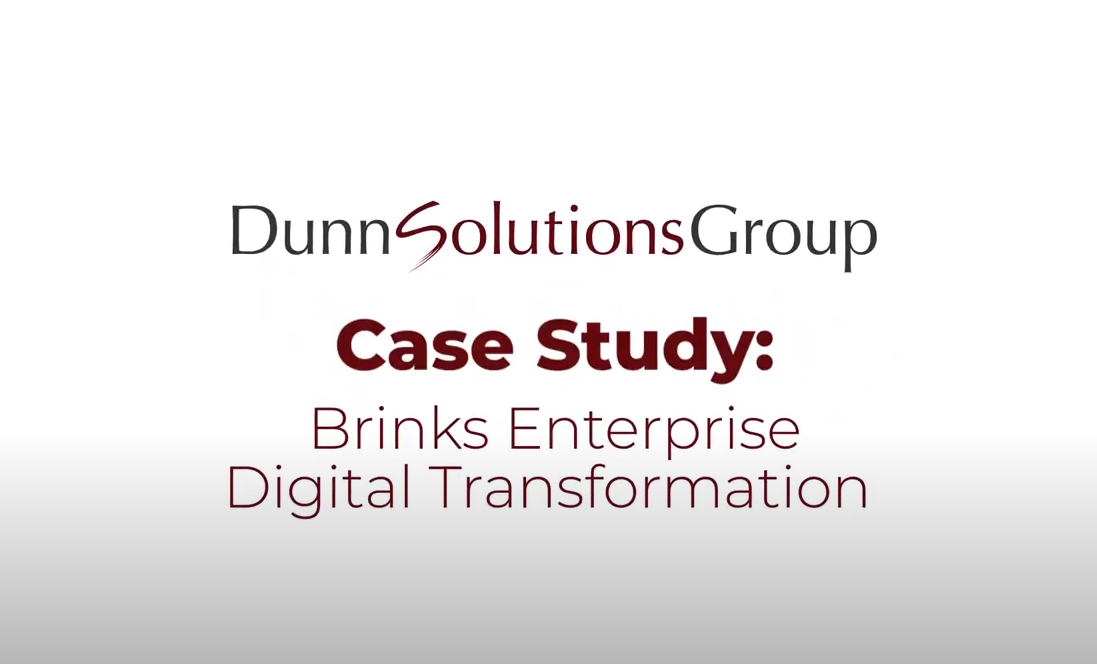
Payas Tikotekar
1 Year Ago
Liferay portal is software platform for building web application and websites which consists of
- A Web platform – to build websites / applications,
- An Enterprise CMS – to update content and set workflows,
- An Integration Platform – to combine various applications into a single unified user experience
- A Collaboration Platform – to allow teams and organizations to work together E.g. Message Boards, Wikis, Blogs
- A Social Platform – to allow for social interactions. E.g. Walls, Friends etc.
The following post contains a documentation of the tools that liferay offers for portal administration.
The administrative side of liferay can be divided into two major categories.
Liferay Portal -
- Control Panel
- Site Administration
We shall look at both these in detail in the following post.
Control Panel
The Control Panel contains the core tools for managing users, roles, Marketplace plugins, portal settings, and portal-wide settings.
The Control Panel can be further divided as follows -
Users
Users are individuals who perform tasks using the portal. The following are some of the actions that can be taken on a user.
- Edit details about a user.
- Define which roles have permissions to edit the user.
- Manage the public and private pages of the user’s personal site.
- Impersonate the user.
- Deactivate the user’s account.
Organizations
Organizations in Liferay represent real life organizations. They can be hierarchal to unlimited levels and can be associated with Roles to manage permissions. They can also have organizational sites. The following actions can be taken on an organization –
- Edit or delete an organization.
- Manage the pages of an organization.
- Add new or assign existing users to the organization.
- Add sub-organizations.
- Assign users to organization roles.
- Add a location which is an organization that cannot have children.
User Groups
User Groups are a specific groupings of users. User groups provide a way to group users independently of the organizations to which they belong. Administrators can define a user group and assign the user group as a member of a site to make all of its users members automatically. User groups can be associated with User Group Sites which can only be accessed by the members of the User Group.
Roles
Roles are groupings of users that share a particular function within the portal, according to a particular scope. Administrators can add roles which can be granted permissions to various functions within portlet applications.
Roles combine users with permissions. All permissions in Liferay must be assigned through Roles. Roles can be scoped by – Portal, Organization or Site.
Portal scoped roles are known as regular roles.
Regular Roles
By default there are 4 regular roles –
- Administrator – Users with administrative privileges
- User – Regular user
- Power User – User-defined
- Guest (Visitor) – All non-logged in users.
Site / Organization Roles
There are three Site / Organization scoped roles
- Owner – Owners are super users of their site or organization and can assign site roles, including administrator roles to users.
- Administrator – Admins are super users of their site or organization but cannot make other users into site / organization administrators.
- Member / User – All users who belong to a site / organization have this role in that site or organization.
Sites
Sites are a set of pages that display content and provide access to specific applications. Sites can have members, which are given exclusive access to specific pages or content. The actions on sites are handled through Site Administration. There are two sets of site pages: public pages (Build a website for the public to see) and private pages (Members of the site to interact and collaborate).
Open Sites
Any user can join these sites from the My Sites portlet.
Restricted Sites
To join these sites, users must be added by a site administrator. Users can submit requests to join restricted sites through the My Sites portlet.
Private
Similar to restricted sites but they don’t appear in the My Sites portlet. Thus users can’t submit requests to join Private sites; they must be added by a site administrator.
Apps
Liferay allows users to install pre-build apps.
Portal Settings
Settings is where most of the global portal settings are including names, authentication, default user associations, and mail host names.
Custom Fields
Custom Fields allow end users to extend the default data entries. They are also available as a service so that they can be used from custom portlets.
Workflow
Liferay provides both a Workflow Framework and Workflow Plugin. The Workflow Framework is part of Liferay Portal and is the internal API that allows the built-in portlets and custom portlets to transition through the Workflow process. In order to use Liferay’s Workflow, you will need to install a plugin that provides a workflow engine. Liferay provides the Kaleo Workflow Engine.
Server Administration
Server Administration settings control logs, caching, search indexing, and other advanced features. Advanced administrators can monitor system performance, alter detailed server settings, reindex searches and modify caching.
Site Administration
This option contains configuration for individual sites, including their content, pages, documents, themes, and various assets that belong to that site.
Portal Pages
All pages in Liferay Portal belong to Sites. By default individual users have their own personal Sites, which have pages. Liferay allows customization of page based on the look and feel, and addition of portlets.
Public Pages
These pages are accessible to anyone, including those not logged into the portal.
Private Pages
These pages are accessible only to members of the Site.
Assets
Any content type in Liferay is considered an asset. Developers can create new content types. Vocabularies and Categories can help
Web Content
Web Content display is a way of displaying web content. Liferay’s web content management system is very powerful, yet easy to use. Liferay’s WCM systems supports much more than static content to web pages, it supports the content structures and templates for displaying them.
Documents and Media
This portlet is a full-featured document management system that supports many repository types. Hierarchies of files and folders can be stored in the Documents and Media library. You can configure certain folders so that only members so that only members of a particular site or organization can access them.
Collaboration Tools
Liferay offers the following collaboration tools –
- Message Boards
- Wikis
- Calendar
- Blogs
- Dynamic Data Lists
Message Boards
This portlet is a collaborative tool used for public or private communication among users. Categories and sub-categories can be added. Users can then subscribe to threads or categories and receive emails when they are updated.
Wiki
A Wiki lets users create articles that can be edited by anyone who has access to the wiki. The Liferay Wiki is a robust, fully functional wiki and has all the tools necessary to build a complete Wiki site.
Calendar
The Calendar portlet is a complete solution for keeping track of events. It can notify you of upcoming events, display multiple calendars and much more.
Blogs
Blogs let users create content on their personal pages. This content takes the form of a running list of short articles on a variety of topics. Liferay’s blogging application has the following features –
- RSS feed configuration – Specify how the blog is shown to RSS readers.
- Trackbacks – Notify other sites that you’ve linked to them in your content.
- Pingbacks – Enable pingbacks to automatically notify another site when you link to it in your content.
Site Settings
This options allows a user to edit the Basic Information, search engine optimization, staging and other advanced options, adding / editing custom fields and display settings
Basic Information
Edit the details, categorization, Site URL and Site Template
Search Engine Optimization
Specify settings for specific search engines with the help of a sitemap protocol which notifies search engines of the structure of the website. Robots can specify rules as to which public pages can be indexed.
Advanced
Allows setting up User Associations, Staging, Analytics, Content Sharing etc.
Staging
Staging servers can be setup using local staging or remote staging.
As this post demonstrates, Liferay offers powerful tools to customize and design a portal.




